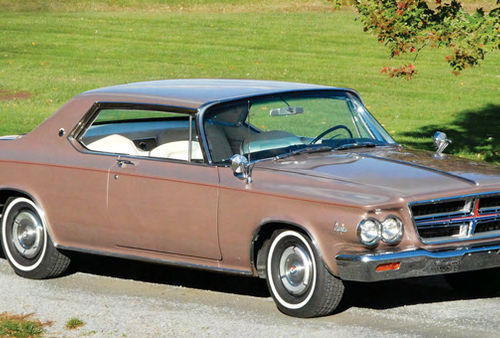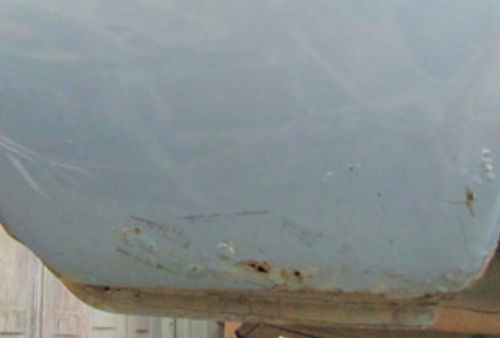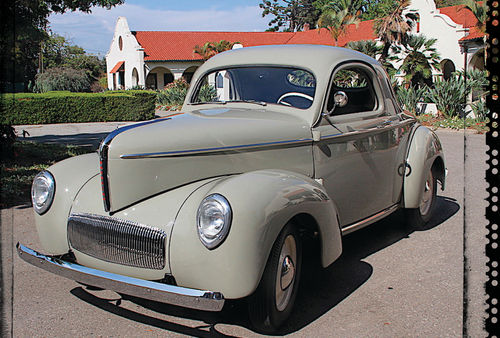I’ve had repeated alternator failures
Question:
A previous owner converted my 1985 Volvo to a Ford V-8 with an automatic overdrive transmission. It’s a conversion I never wanted to tackle myself. It runs great but has an electrical problem no one has been able to diagnose. I am a fairly able mechanic, but I am about as limited in electrical skills as those shops that have worked on the car and never found the cause of repeated alternator failures.
The last alternator that failed was a 100-amp rebuilt unit, and the one now installed is a brand-new 150-amp. If it fails, the car I truly enjoy is scheduled to be crushed. I’ve had it! I am not a good enough electrical troubleshooter to solve the problem, and not one of the shops working on it has done better. One shop installed three units with repeated failures, and then simply told me to not come back.
No major power draws have been found and I have permanently installed a test meter near the battery, as well as a voltmeter on the dash. That way I can monitor failures, but have no clue as to the cause. The sunroof motor has been disconnected, and much of the lighting wiring has been replaced. All enginerelated wiring is good. The heater and air conditioner system works with no unreasonable power draw, the fuel pump is an in-tank unit and has been replaced and the wiring checks out. Can you help?
Answer:
Excessive load is the most common cause of alternator failure, but it sounds like you have thoroughly checked for that.
The battery is the next thing I would check. You need to determine its state of charge and capacity. A battery—new or old—that is in a discharged condition and cannot be brought up to a full charge of 12.6 volts or is under capacity will fry an alternator sooner or later.
Another thing to check is to verify that the alternator is grounded properly. Also, it is not uncommon for the terminals and contacts for the wiring of the alternator and battery to be corroded, making poor contact, which will cause resistance and a high amperage draw. It is not unheard of for a mechanic to replace an electrical component two or three times before he gets one that “works,” when in reality all he succeeded in doing was cleaning up the contacts by unplugging them and plugging them back in.
You did not mention the type of alternator you are using, e.g. Ford or Volvo etc. but if it is the type where the voltage regulator is not built in, could it be that the mechanic is assuming the voltage regulator is good and just re-using it as a result? That is not likely, but it is also not impossible. Also, on some vehicles today the PCM (powertrain control module) or onboard computer activates and controls the duty cycle of the alternator, and its signal may be in milliamps, so its connections are very vulnerable to corrosion.
Other than checking the battery carefully and making sure all the connections are sound, I too am at a bit of a loss. How about it Auto Restorer readers? Any ideas? Your input could save Peter’s Volvo from the crusher.















